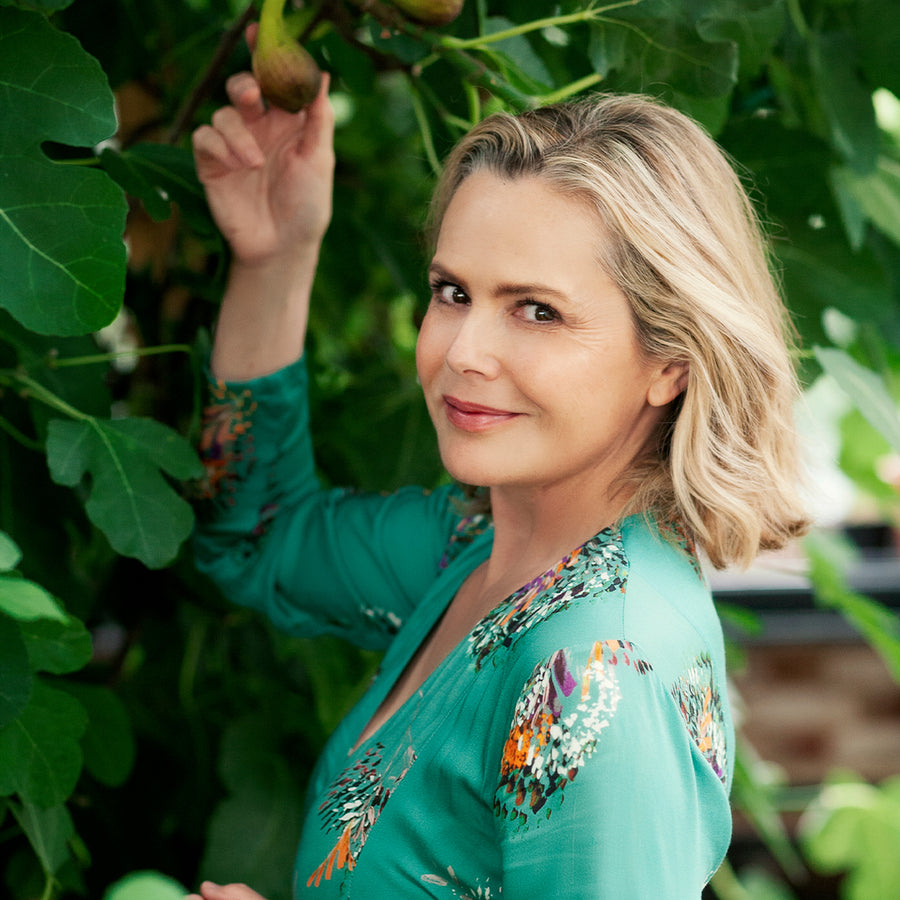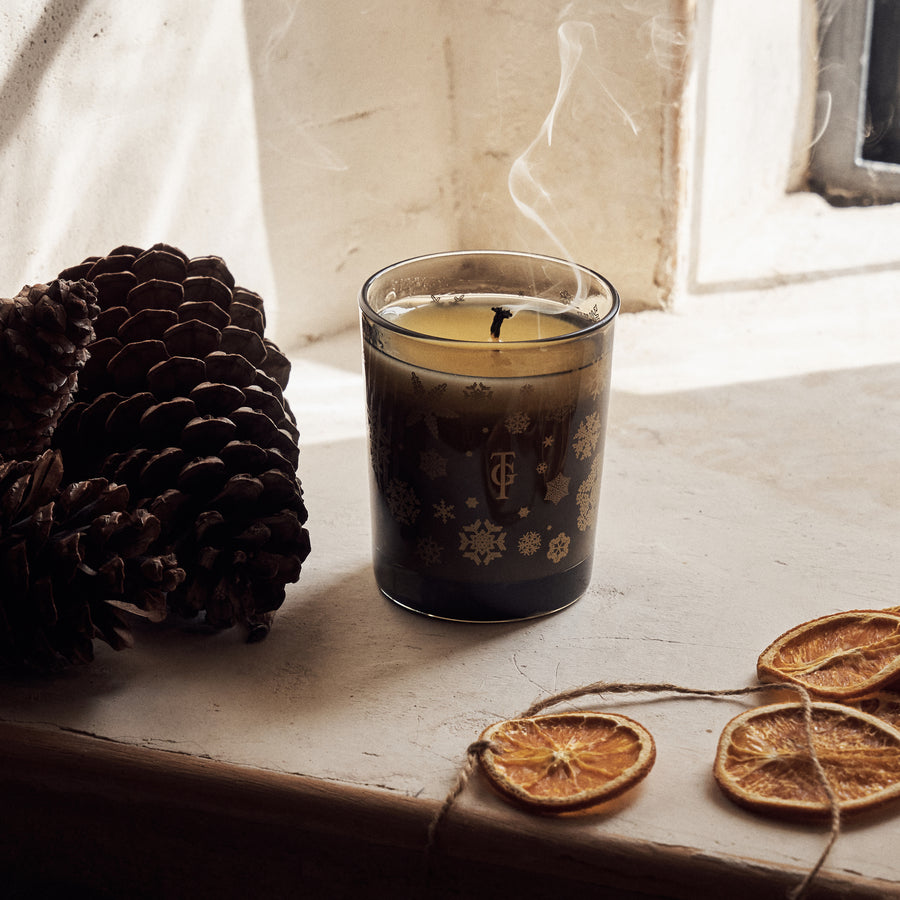Becoming a Carbon Neutral Company
At True Grace, we take sustainability seriously. Headquartered in the beautiful Wiltshire countryside, we are committed to respecting and nurturing the environment, as well as working with suppliers who share our values.
“The modern candle industry emerged as a byproduct of the oil industry – a sector which is, obviously, deeply unsustainable in nature”, says Roger Biles, co-founder of True Grace. “Knowing this has motivated us even further to move away from that heritage and build a company that’s as sustainable as possible.”
We are proud to have been a carbon neutral business since 2015. Our emissions decreased by 55% between 2015 and 2021, dropping from 155 to 70 tons. But sustainable manufacturing isn’t easy and there have been some inevitable hurdles to overcome. To give you an insight into our process, we’ve outlined some of the decisions we’ve taken along the way to minimise our carbon footprint across our supply chain and leave the planet how we found it.
What is a carbon neutral business?
A carbon neutral business is one that removes the same amount of carbon it produces. To become carbon neutral, first you calculate your company’s carbon footprint, then reduce it to zero by making changes in-house to become more efficient, as well as supporting carbon offsetting projects.
At True Grace, we are certified as carbon neutral by the Carbon Footprint Standard, an internationally recognised standard for demonstrating low carbon credentials.
“I’ve always admired businesses that stand the test of time, and I believe that sustainability and longevity go hand in hand.”
Powering the factory
A crucial step in becoming a carbon neutral business was adapting our factory to be as ecologically sound and environmentally friendly as possible, starting with energy sources.
Now, the factory (which is the site of our offices, as well as our manufacturing activities) is powered by a combination of solar power and renewable biomass. The latter is an energy source generated from burning wood, plants and other organic matter, such as manure or household waste.
Occasionally, during the darkest months of the year, we have to use power from the grid. To compensate for these additional emissions, we invest in carbon offsetting programmes focused on protecting forests and encouraging reforestation.
In 2021 we purchased 70 native broadleaf trees as part of the Carbon Footprint UK tree planting programme. What’s more, for every tree we plant we also offset one ton of CO2 through a Verified Carbon Standard project which reduces deforestation in Brazil.



Recycle, Reuse, Refill
From the machines that fill and shape our candles, to each individual ingredient, to the packaging, we’ve considered each individual element of our product-making journey with sustainability in mind.
We choose values-aligned suppliers for the ingredients that make up our specific wax blend, and stick to natural ingredients as far as possible to ensure a clean burn. When it comes to making the candles, we keep hold of machines that allow us to use heritage techniques, only replacing parts as necessary to minimise unnecessary waste.
For packaging our products, we strive to choose energy efficient, recyclable raw materials, without sacrificing elegance. Any plastic bottles we use are made from 100% post-consumer Polyethylene Terephthalate (PET) and are completely recyclable. Even our shipping cartons are fully recyclable and are filled with natural, compostable corn starch packing chips.
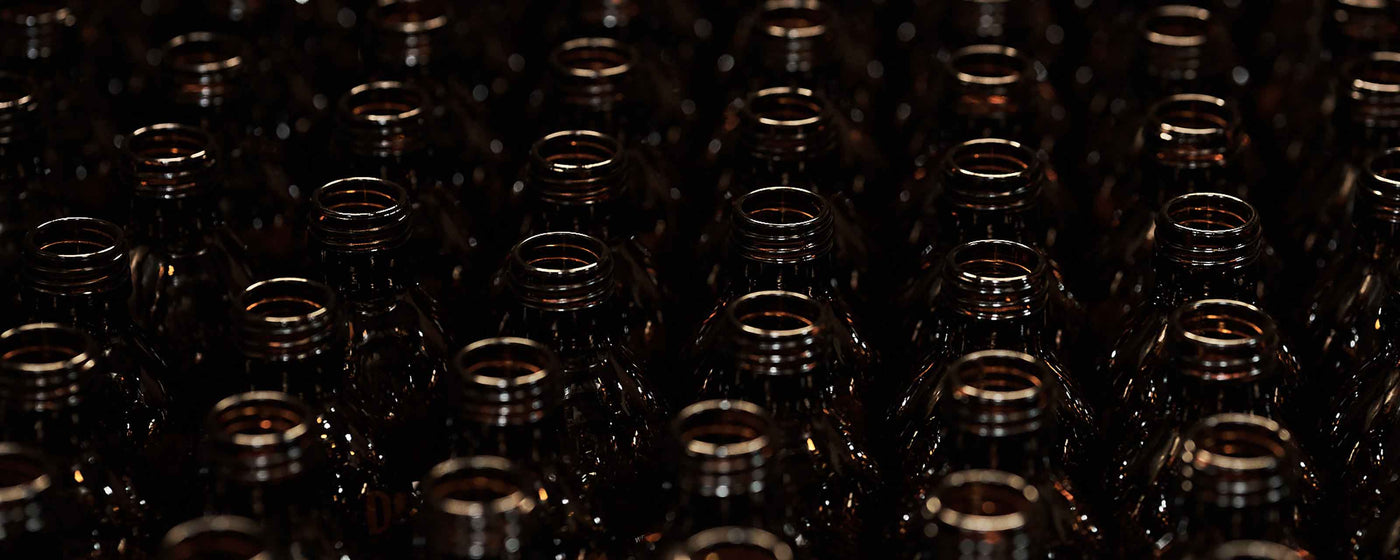
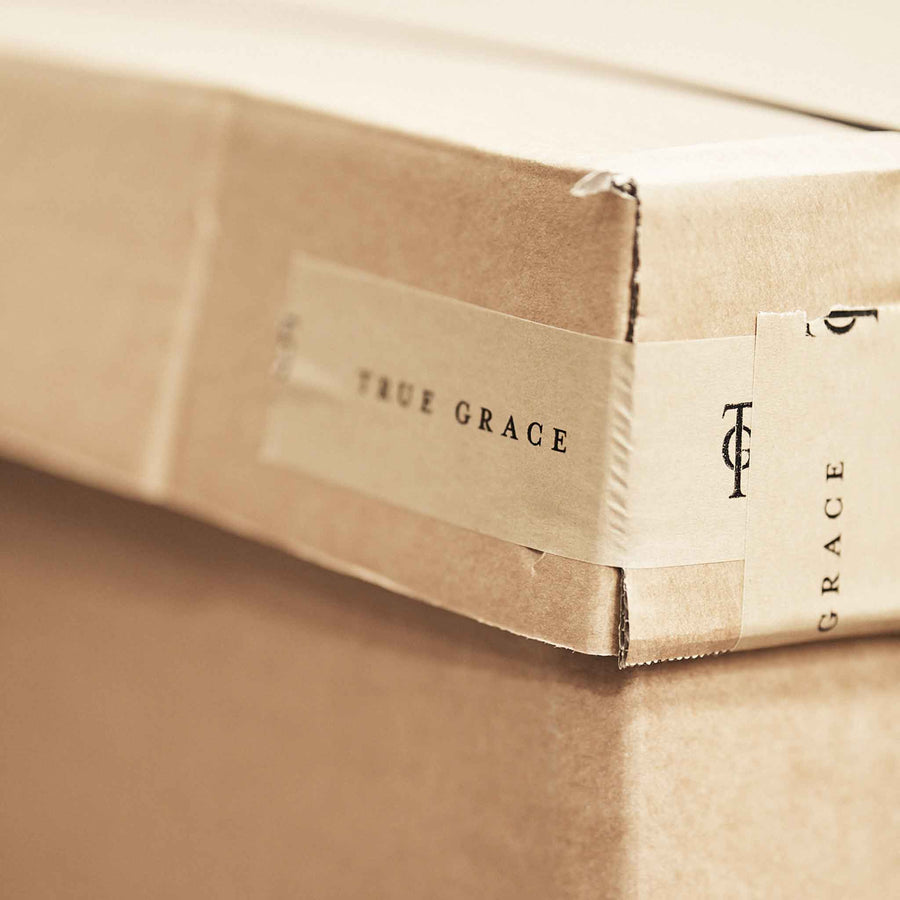
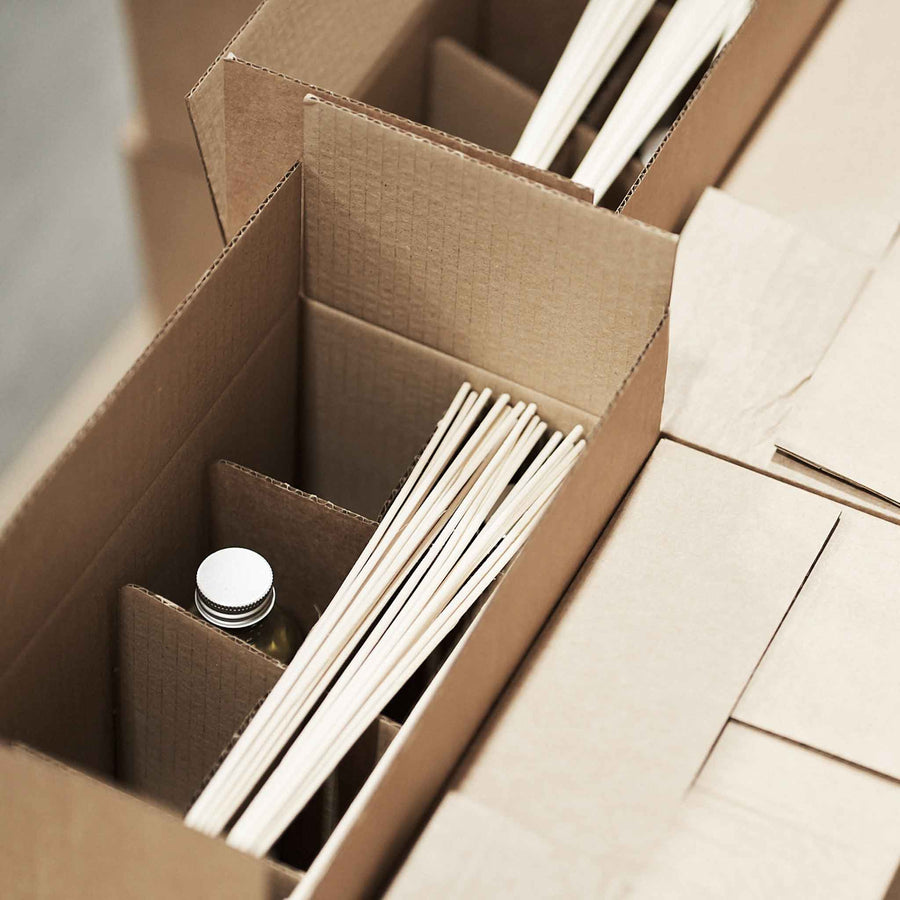
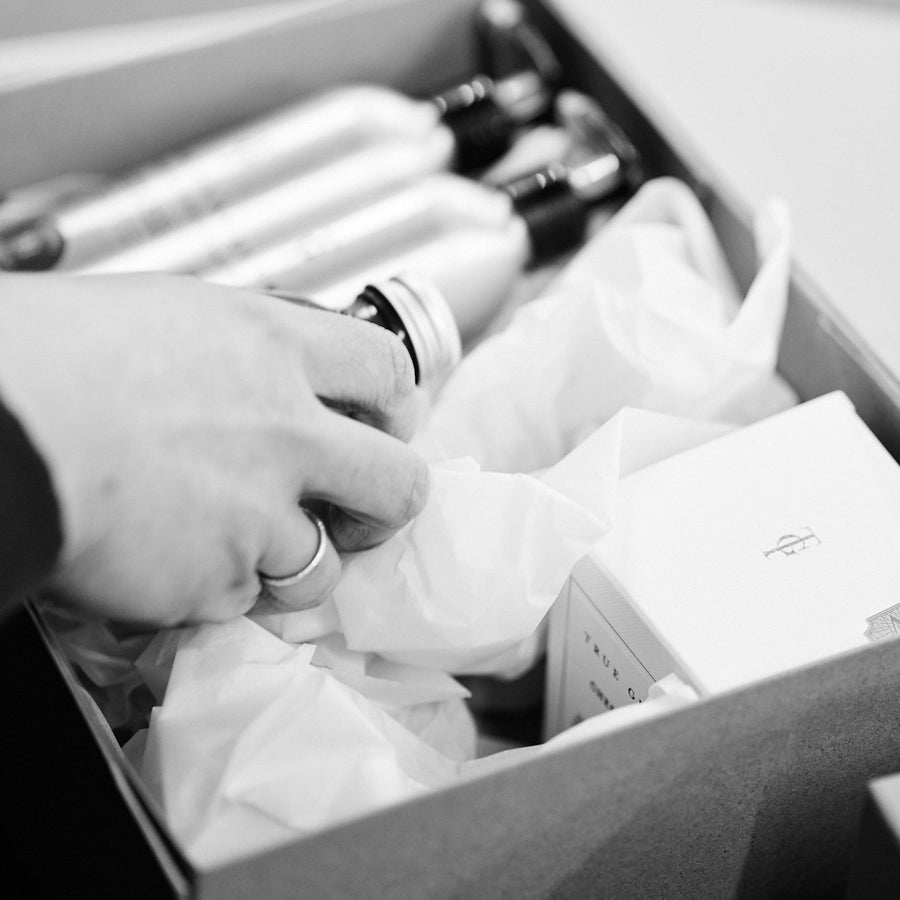
And finally, as well as recycling products and materials, we encourage our customers to give them a second life using our refill service. We now offer refills across two of our candle sizes, as well as our toiletries and reed diffusers – because little luxuries shouldn’t cost the earth.
It’s important to note that none of these changes were made overnight. Adapting your processes is a long and often complicated journey but it is one that we are proud to be on. “I’ve always admired businesses that stand the test of time, lasting 150 years or more”, says Roger, “and I believe that sustainability and longevity go hand in hand.”



